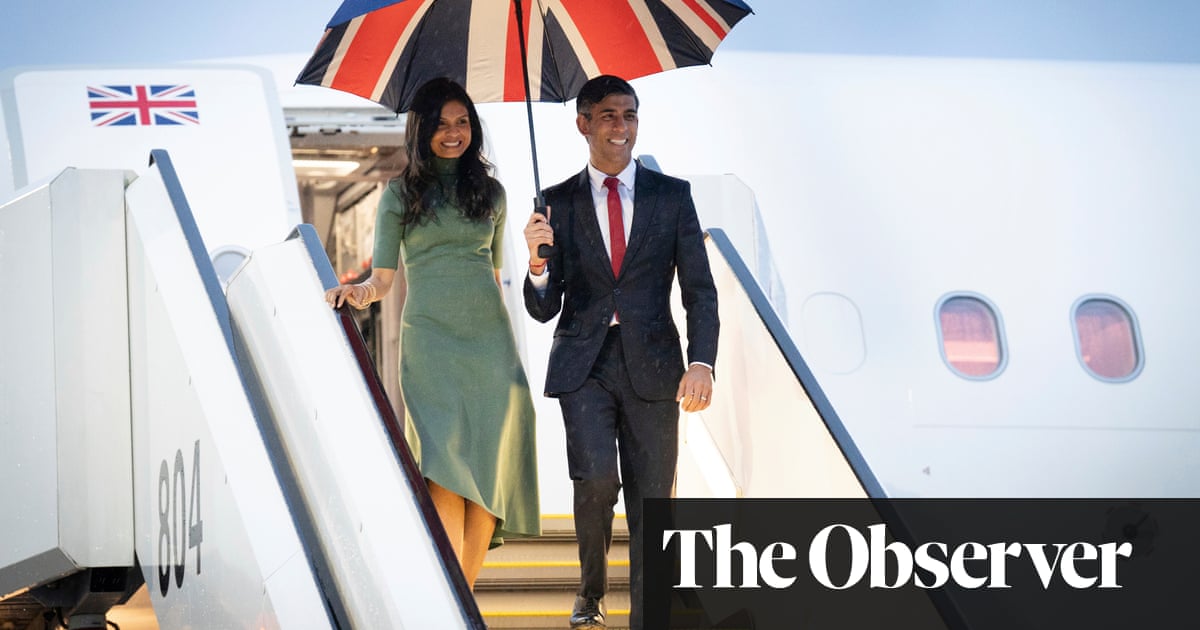
lap for them, then charge them. This is the how the Conservatives treat migrant key workers. For all the admiration and thanks heaped upon these workers during the coronavirus pandemic, the government has refused to scrap the NHS immigration surcharge. The majority of non-EU migrants, including those who work in the NHS, will have to pay the surcharge on top of taxes, national insurance contributions and extortionate immigration fees.
And so it has to be said plainly: the government praises NHS workers for providing life-saving care, then makes them pay through the nose to access that same care themselves. Migrant staff have to pay twice for the very healthcare system they work for. Just because they are immigrants.
When confronted with this contradiction at the end of April, Priti Patel suggested the surcharge was “under review”. This has been the home secretary’s standard response of late: whenever Patel has been presented with evidence showing the deleterious impact of the government’s immigration policies, she’ll say they’re being looked at.
In an attempt to wriggle out of this claim, Patel’s department then said she had never promised any formal review of the NHS surcharge. Instead, this was just Patel referring to the fact that “all government policies are continuously kept under review”. Used again yesterday by foreign secretary Dominic Raab, without a hint of irony, this is a handy catchphrase the government uses to avoid scrutiny.
Stopping short of doing nothing, the Conservatives have done the absolute bare minimum to change the policy. Until October, doctors, nurses and paramedics will be exempt from paying the surcharge for a year as part of an automatic visa extension. The concession amounts to crumbs from the master’s table: pause it for a year and then, once the clapping has stopped, continue as if nothing has happened.
This one-year exemption is a scrap that’s not even considered for other migrant key workers: the care workers, supermarket staff, porters and cleaners who have put their lives on the line during this pandemic are only a few of those not given a temporary pass. They will still have to pay up. “I wanted to do nursing but I couldn’t afford overseas student fees, so I decided to be a care worker and I’m working hard,” Shantel Murray told the Independent. “Right now I’m doing all I can to help the community. But I just feel so undervalued.”
Kimesha is a care worker who is paid only £9 an hour. She can barely afford the surcharge and visa costs for herself and her three children, so has had to take a second job. “It is very stressful because it keeps going up. It is a struggle for people like me who aren’t earning enough to pay rent, council tax and bills. It should be abolished for everyone,” she told the Guardian. Care-worker badges and platitudes are no substitute for policy change.
The surcharge has tripled in price in less than two years. At the end of 2018 it was £200 for an adult; now it’s £400 and is set to rise again, to £624, on 1 October this year. For anyone under the age of 18 it will be £470, meaning for a family of two adults and two children, it will cost £2,188 to use the NHS each year.
Matt Hancock defended the increase during the general election campaign, saying: “It’s the national health service not the international health service.” Here is the myth of British exceptionalism. In 1971, around 30% of doctors working in NHS were born overseas. That figure is still roughly the same. The government wants an exclusively “national” health service, just one that is staffed by “international” workers – who then have to pay to access the health service themselves.
The government justifies the surcharge, saying it “ensures that migrants make a proper financial contribution to the cost of their NHS care”. Except they already do – it’s called taxes.
The duplicity of the surcharge is painfully obvious. If any lesson is learned from this pandemic, it should be that healthcare is a universal, basic right, whether you’re a key worker or not. The “good migrant”/“bad migrant” binary is a dead end. Nobody should have to pay twice to access it just because they weren’t born in this country.
This one policy, callous though it is, is emblematic of a much bigger problem: how the government treats all migrants. Though not officially part of the “hostile environment”, the NHS surcharge was introduced at the same time as many of the policies that fall under this infamous title. Most remain in operation – despite the Windrush scandal, court rulings, endless cases that show the damage they’ve done and a global pandemic. Almost nothing, it turns out, is as stubbornly maintained as the government’s anti-immigrant politics.
At the very start of lockdown, campaigners asked the government to make some basic changes to protect immigrants and ensure they have access to healthcare. It has largely chosen not to. Instead it has made the decision to press on with its immigration bill, which will end free movement and pave the way for cleaners, porters and care workers to be prevented from coming to the UK.
This policy designates workers according to whether they’re “high” or “low skilled”; it turns people into commodities. It’s precisely the classification of certain people as “low skilled” that allows the government to exclude from the surcharge exemption care workers and other key workers who have played a crucial role during this pandemic. Clap for them during the pandemic, force them to pay twice to access healthcare, kick them out afterwards. Or as Labour puts it: clap for them on Thursday; vote to take away their rights on Monday.
• Maya Goodfellow is a writer and academic, and the author of Hostile Environment: How Immigrants Became Scapegoats











